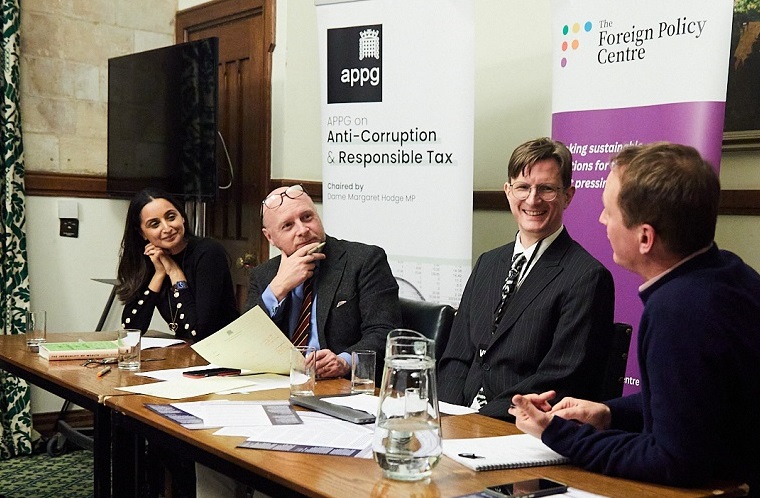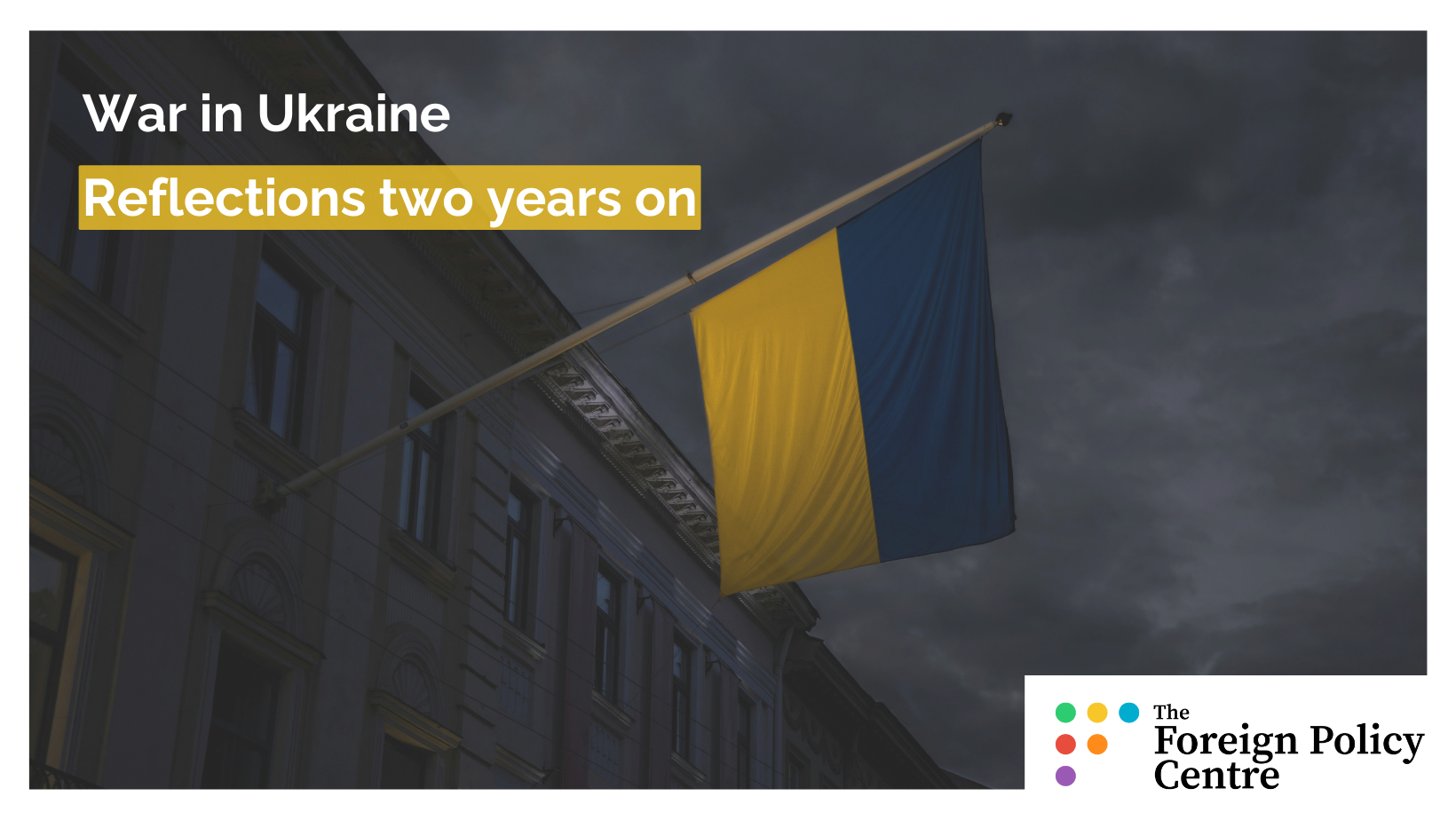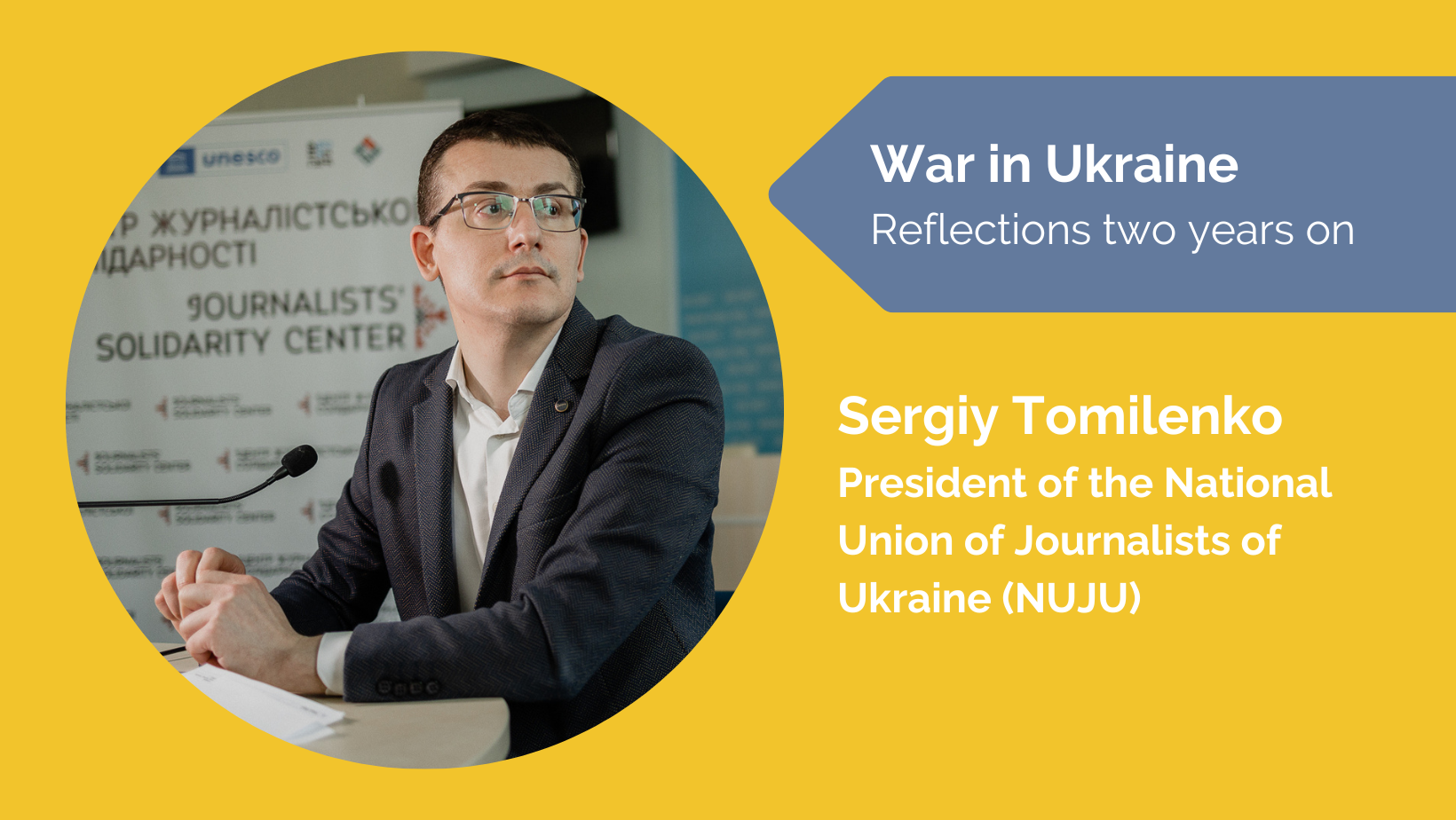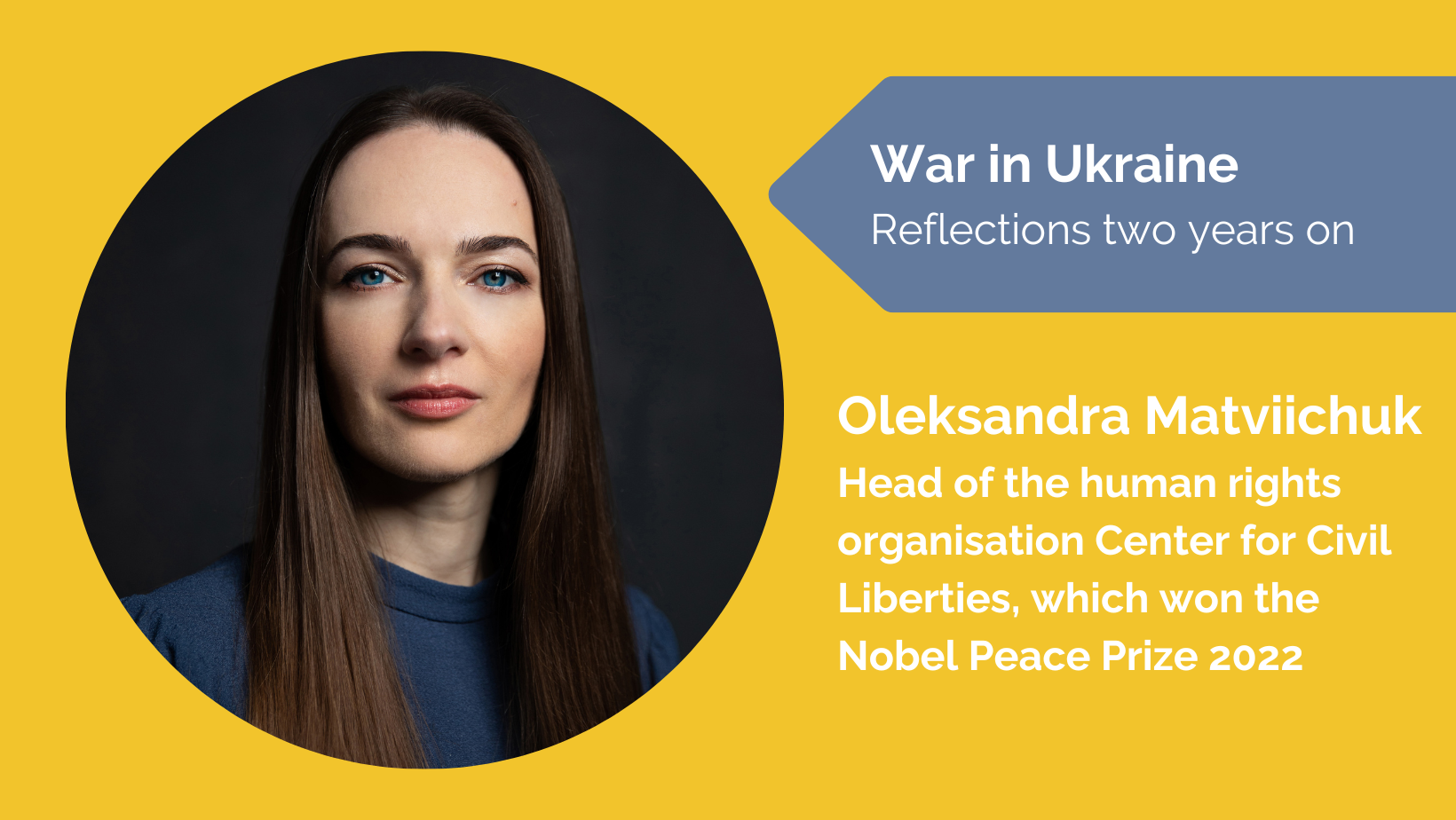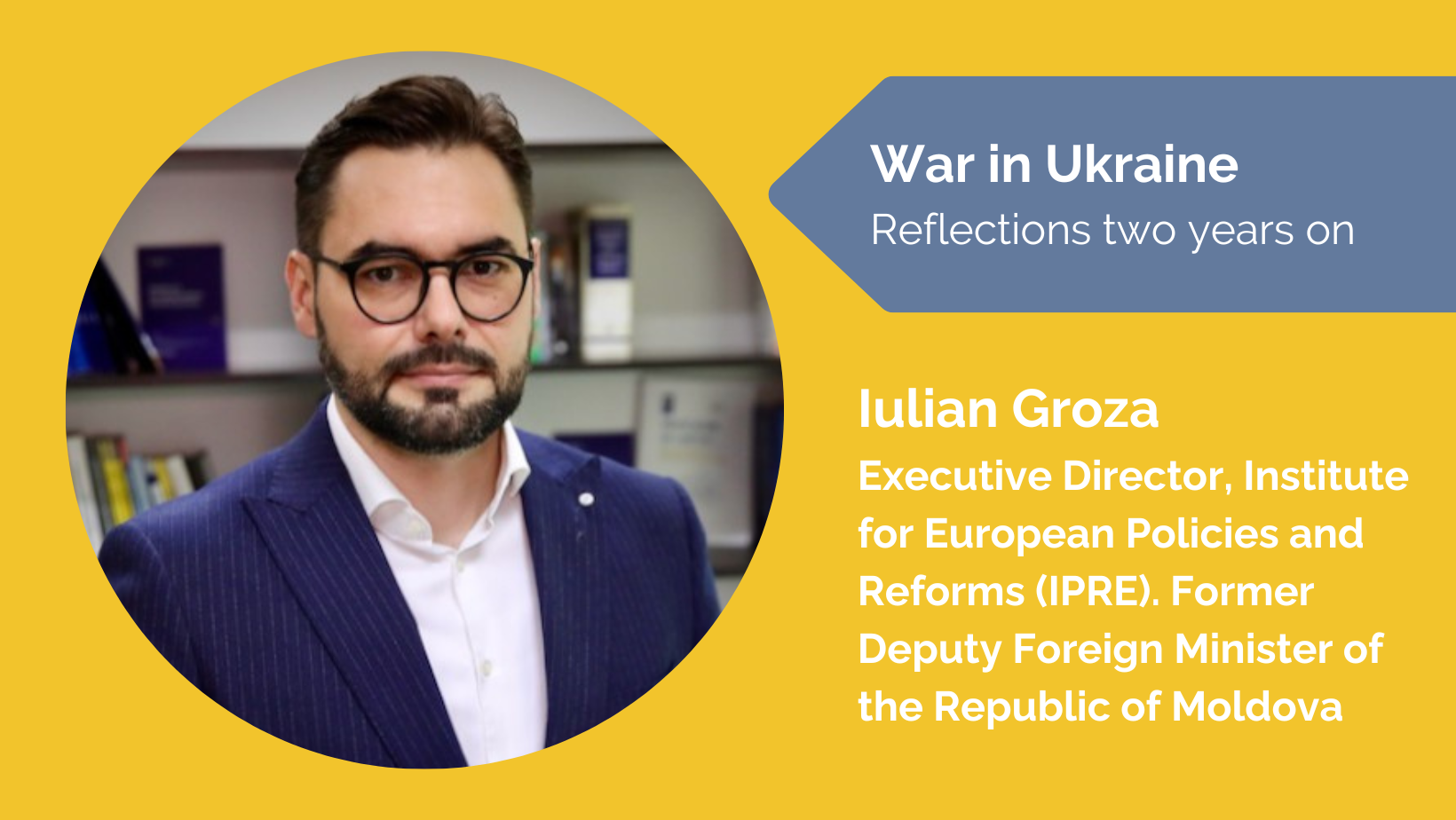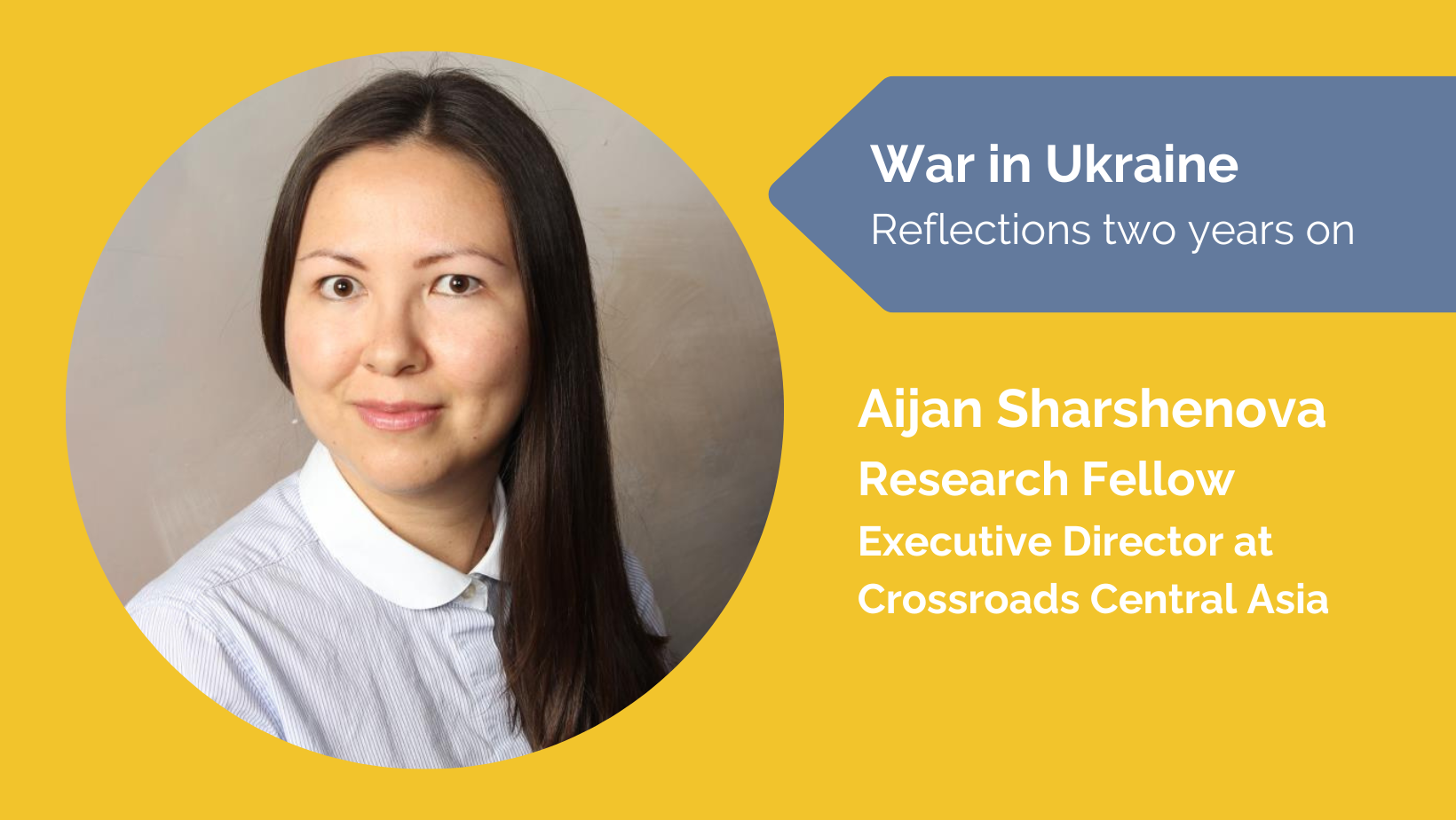The global struggle to protect free speech has reached a new fever pitch. The power of news media to act as a safeguard against tyranny has been critically undermined as the world’s autocracies have grown to outnumber the democracies. The Economist says a global gag on free speech has tightened thanks to “the new censors”.[1] Technology has brought new opportunities to suppress truthful communications, and the coarsening of language has poisoned the well of public debate, affecting us all.
Recognising those dangers, 200 leading international lawyers and civil society figures gathered in London in January at the launch of a remarkable initiative aimed to turn back the tide by harnessing the law in the service of free speech. Renowned human rights lawyer Amal Clooney and Lord Neuberger, former President of the UK Supreme Court, have marshalled some of the world’s most authoritative jurists. Their joint publication Freedom of Speech in International Law (OUP) seeks to codify the universal rights to freedom of expression in a single substantial volume for the first time.[2]
The book charts the chilling decline in protections for speech in multiple jurisdictions. It also it aims to provide a useable roadmap for governments to comply with the minimum standards in law that they have signed up to. The endeavour is inspired by the belief that the impressive body of international human rights laws that has been developed since 1945 – although much scorned and often flouted – can yet be used by “courts and newsrooms” around the world to win this Manichean contest.
Lord Neuberger sounded a personal alarm, telling the meeting he had never before been so keenly aware of the importance and the fragility of international law. When Slobodan Milošević was found guilty of war crimes at the tribunal in The Hague in 1999, he had thought that victory for justice would usher in a new “era of accountability”. Now instead he saw signs of an “age of impunity and apathy”, and declared it to be imperative to halt the slide towards “unreason” or even fascism.
Amal Clooney is the project’s moving spirit. In Gaza, journalists are “our eyes and ears”, Clooney said, but more than 70 had been killed in “the deadliest month ever recorded” for journalists in any conflict. In India the authorities’ widespread use of sedition and terrorism laws sends journalists and human rights defenders to jail for years even before a conviction. In the Philippines the Nobel prize-winning journalist Maria Ressa still faces a possible six years in jail after a “false” libel conviction in a corruption case.[3] And in Thailand thousands of citizens have been prosecuted for criticising the King, an offence which carries a penalty of up to 15 years in jail.
Western states’ legal provisions that criminalise speech attract equally blunt criticism. Amal Clooney singled out the failure of the USA and the UK to recognise public interest as a defence against harsh anti-terrorism laws, meaning that prosecutions in both jurisdictions can lead to long jail sentences and those laws have a wider “chilling effect” on free speech. Lord Neuberger acknowledged his own embarrassment that not so long ago British judges had backed the use of secret super-injunctions to curtail free speech on important public issues.
The authors – seven in all – focus on four categories of laws which they say are being weaponised to silence the press and independent voices: laws regulating political speech, false speech, hate speech, and speech related to official secrets and national security. They recount how new legislative tools are being used by states to quash dissent – not only familiar ones like sedition, treason and criminal defamation laws but increasingly terrorism, ‘false news’ and other vague laws that autocrats use to protect themselves against unflattering press. Hong Kong, for example, has revived sedition laws which have lain dormant for decades with devastating consequences for publisher Jimmy Lai and a host of other critical voices.
The building blocks of free speech protection
The postwar framework of international human rights, explicitly aimed at preventing a repeat of the Holocaust and carnage of World War Two war, accorded seminal importance to the rights of freedom of expression and opinion from the start. In 1948 the UN General Assembly unanimously adopted the Universal Declaration of Human Rights. Article 19 of the UDHR proclaimed that “Everyone has the right to freedom of opinion and expression; this right includes “the freedom to hold opinions without interference and to seek, receive and impart information and ideas through any media and regardless of frontiers”.
A slate of legitimate restrictions on freedom of expression were also identified, in particular with regard to the rights of others, national security, public order, and public health; but enforcement of those restrictions is permissible only if provided for by law, necessary in democratic society, and proportionate. In 1976 the right to free speech was first made legally binding through the International Covenant on Civil and Political Rights (ICCPR), which has been ratified by 173 states.
Clooney, Neuberger and the other co-authors set out with meticulous clarity and in granular detail how, despite setbacks, the jurisprudence arising from the various international and regional treaties shows broad convergence on key issues. Among them are the principles that restrictions on free speech must be tightly drawn and not vague or overbroad; that freedom of opinion may never be curtailed; and that imprisonment is never an appropriate penalty for speech unless it also involves more serious harms such as incitement to violence.
International bodies also broadly agree on the importance of protecting the press. The UN Human Rights Committee, interpreting the ICCPR’s provisions on freedoms of opinion and expression in its 2011 guidance to state authorities, says that “a free, uncensored and unhindered press is essential in any society”;[4] and that the press merits certain particular protections because of its role in enabling and promoting open public debate, without which an informed and engaged citizenry cannot exist. The European Court of Human Rights has strongly endorsed the vital “public watchdog role” of the press, which is accorded the broadest scope of protection in its case law, including with respect to the protection of journalists’ confidential sources.
Yet in reality, Amal Clooney says, states have often imposed the harshest possible penalties on journalists to block or curtail their work to keep the public informed. In particular, states weaponise their legal systems by allowing “baseless lawsuits against journalists” that are often prohibitively expensive to defend against. In 2023, the UK Government faced a blizzard of criticism when it was revealed that the government gave permission for sanctioned Russian warlord Yevgeny Prigozhin to sue the founder of Bellingcat, Eliot Higgins, the man who had exposed Prigozhin’s crimes as head of the Wagner group.
South African lawyer and academic Dr Dario Milo co-authored the book’s chapter on insulting speech. He called for states to act decisively to end “lawfare”, the widespread and cynical use of vexatious or abusive lawsuits or legal threats by the rich and powerful to harass and silence journalists and activists who report on matters of public interest. The numbers involved are extraordinary. In a 2023 survey of around 500 media workers in over 100 countries, half of the respondents reported that they or their media were facing legal threats.[5] The authors call for legal protections against abuse, including provisions for the early dismissal of frivolous cases, placing the burden proof on the plaintiff, and awarding full legal costs to defendants who are cleared.
Misuses and law and the “undoing” of vital protections
The book draws on exhaustive research data to show how devastating the real-world consequences of misuses of the law can be. Between 2014 and 2020 over 9000 people were imprisoned in Turkey for insulting President Erdogan. Before she was murdered, Maltese journalist Daphne Caruana Galizia faced more than 40 libel claims, many of them from politicians or public officials. As many as 160 states still have criminal defamation laws on their books; and the global census of jailed journalist by the Committee to Protect Journalists found that 320 journalists – close to an all-time record number – were imprisoned as of December 2023.
Spurred by the COVID-19 pandemic, governments have enacted a raft of new misinformation laws in the past decade, especially related to speech on the internet. At least 18 states passed legislation against ‘fake information’ or ‘online misinformation’. Many of them apply criminal penalties and have extraterritorial reach. In Hungary, for example, a conviction can lead to a five year prison term. In many cases the institutions of the state – the judiciary, military or the government – have applied those laws to protect their own reputations in ways which, the authors insist, violates international legal standards. Among the book’s standout recommendations is that “false” speech should not be liable to penalties unless real-world harms result from it.
The ubiquity of the Internet in people’s lives has landed private companies with a hornet’s nest of responsibilities to take quasi-judicial decisions by the minute about words and images are allowed on their Platforms. The authors propose as a general rule that those companies should recognise international human rights standards as “a floor, not a ceiling, of speech protection”. The scale of the task is extraordinary: Facebook/Meta’s removal of hateful material rose tenfold in two years up to 2020, while TikTok alone removed more than 100 million videos in the first half of that year
Big technology and social media companies face fierce criticism from all sides, but this examination of their record shows that leading players have committed to ensuring that their policies are consistent with human rights standards. Meta’s Oversight Board of independent experts is tasked with determining “what to take down, what to leave up and why’. Its task includes holding the company to account to live up to its pledge to comply with international human rights standards.
A systemic obstacle to a uniform global code of practice lies in the uneven or contradictory principles enshrined in the major sources of standards on free speech and human rights. Twitter (now known as ‘X’) claims to ground its values in both the First Amendment of the US Constitution and the European Convention, which are “two very different bodies of law”. Meta’s Oversight Board, however, has said it would not apply the First Amendment as it does not govern the conduct of private companies.
The field of allowable speech online is fiercely contested. The less than satisfactory conclusion reached here is that there is as yet “no single principle for resolving conflicts of interpretation, nor a hierarchy or avenue of appeal”. A future Research report focusing on Internet shutdowns is promised by members of the same team of legal experts.[6]
International law: a launchpad for recovering the lost ground of free speech?
The authors also point to important legal and institutional reforms that have recently been launched but which must gather wider political traction and public support if they are to have a decisive impact. The Council of Europe’s Committee of Ministers, for example, has issued a strong Recommendation to its 46 member states on countering SLAPPs (Strategic Lawsuits Against Public Participation). Regional human rights courts in Africa and the Americas have delivered landmark judgements – for example, directing state authorities to decriminalise defamation and to honour their obligations to give emergency protection to journalists who face imminent threats of violence. The past decade has seen the birth of some major initiatives in which governments are working in tandem with dynamic civil society and stakeholder organisations as never before.
Amal Clooney, David Neuberger and Darius Milo are members of the High Level Panel of Legal Experts on Media Freedom.[7] The panel is an independent advisory body of the Media Freedom Coalition established by the UK and Canada in 2019.[8] The Coalition now comprises 50 countries, which have made a public commitment to promote and protect a vibrant, free, and independent media. Such innovations reflect the encouraging fact that the stifling of free speech and independent media and its pernicious impact on standards of democratic behaviour have risen sharply up the international policy agenda, often driven by dynamic civil society organisations. The 46 member states of the Council of Europe recently began an unprecedented Europe-wide Journalists matter campaign which will go on until 2027, aimed at improving the safety of journalists, protecting media freedom, and raising wider public awareness of the necessary part journalists play in safeguarding democratic and pluralistic societies.[9]
There is also a message for academics here. Engaged academics are committed to advancing the implementation of the UN Action Plan on the Safety of journalists and the Issue of Impunity through collaborative research with local actors in order to develop policies which can strengthen protections and safeguard journalists’ rights.[10] Yet the authors observe that many scholars focus somewhat narrowly on one jurisdiction or type of speech, such as defamation, without demonstrating connections between those findings and the wider picture. The explicit aim of the new publication is to effect change by spurring governments, big tech companies and other duty-bearers to enforce the international standards that exist to protect free speech.
Strikingly, the international law experts assert that Article 19 of the ICCPR has achieved the status of “customary international law”, after decades in which the legal standards for protecting freedom of expression have been fought over and refined through a host of decisions in international and domestic courts, The International Court of Justice has already accepted that it has done so. If that were to be generally accepted, then states like China, Myanmar and Saudi Arabia, which have not ratified any of the relevant treaties, can be bound by same rules as the countries that have ratified them.
Clooney, Neuberger and their colleagues recognise that it will be a hard slog to embed meaningful reforms and truly hold states accountable. Many are convinced the death in February of Alexei Navalny, like those of Anna Politkovskaya, Jamal Khashoggi, Daphne Caruana Galizia and other charismatic critics of authoritarian rulers, amounts to state-sanctioned murder. Each one of those iconic cases also speaks to the close connection between the fight for free speech and the demand for political freedoms.
The authors of this book have lucidly articulated the goal of preventing autocratic regimes and overzealous prosecutors from manipulating the law to silence journalists and protect themselves. As they show only too well, some habitual state practices are “wildly at odds” with what is written in international treaties. But they make a powerful case that international law is not just the best instrument we have to undo the stifling of free speech. It is the only one.
William Horsley is co-founder and international director of the Centre for Freedom of the Media (CFOM) at the University of Sheffield and a former BBC foreign correspondent in Europe and Asia. He is the author of the Safety of Journalists Guidebooks published by the Organization for Security and Cooperation in Europe (OSCE), and his work for the Association of European Journalists was instrumental in the establishment in 2015 of the Council of Europe’s digital Platform for the Safety of Journalists, a Europe-wide monitoring and response system to counter threats to media freedom and the safety of journalists. He is a member of the UK Advisory Board of RSF (Reporters Without Borders).
Photo supplied by: IBA Human Rights Institute.
[1] The Economist, The global gag on free speech is tightening, August 2019, https://www.economist.com/international/2019/08/17/the-global-gag-on-free-speech-is-tightening
[2] Ms Amal Clooney and Lord David Neuberger, Freedom of Speech in International Law, Oxford University Press, January 2024, https://global.oup.com/academic/product/freedom-of-speech-in-international-law-9780198899372?cc=gb&lang=en&
[3] Committee to Protect Journalists, Hold The Line Coalition welcomes acquittal of Maria Ressa and Rappler, calls for dropping of remaining cases, September 2023, https://cpj.org/2023/09/hold-the-line-coalition-welcomes-acquittal-of-maria-ressa-and-rappler-calls-for-all-remaining-cases-to-be-dropped/
[4] United Nations, International Covenant on Civil and Political Rights, CCPR/C/GC/34, September 2011, https://www2.ohchr.org/english/bodies/hrc/docs/gc34.pdf
[5] The Foundation, New research exposes global trends in legal attacks facing journalists, Thomas Reuters Foundation, April 2023, https://www.trust.org/i/?id=b68bd251-a405-4dbe-890b-0ed50bc33f8f
[6] High Level Panel of Legal Experts on Media Freedom – Our Reports, Research Reports on International Standards, International Bar Association, https://www.ibanet.org/HRI-Secretariat/Reports#IntStandards
[7] International Bar Association, High Level Panel of Legal Experts on Media Freedom, see: https://www.ibanet.org/IBAHRIsecretariat
[8] Media Freedom Coalition, see: https://mediafreedomcoalition.org/
[9] Council of Europe, Journalists Matter: Council of Europe Campaign for the Safety of Journalists, see: https://www.coe.int/en/web/freedom-expression/safety-of-journalists-campaign
[10] UNESCO, UN Plan of Action on the Safety of Journalists and the Issue of Impunity, https://www.unesco.org/en/safety-journalists/un-plan-action


